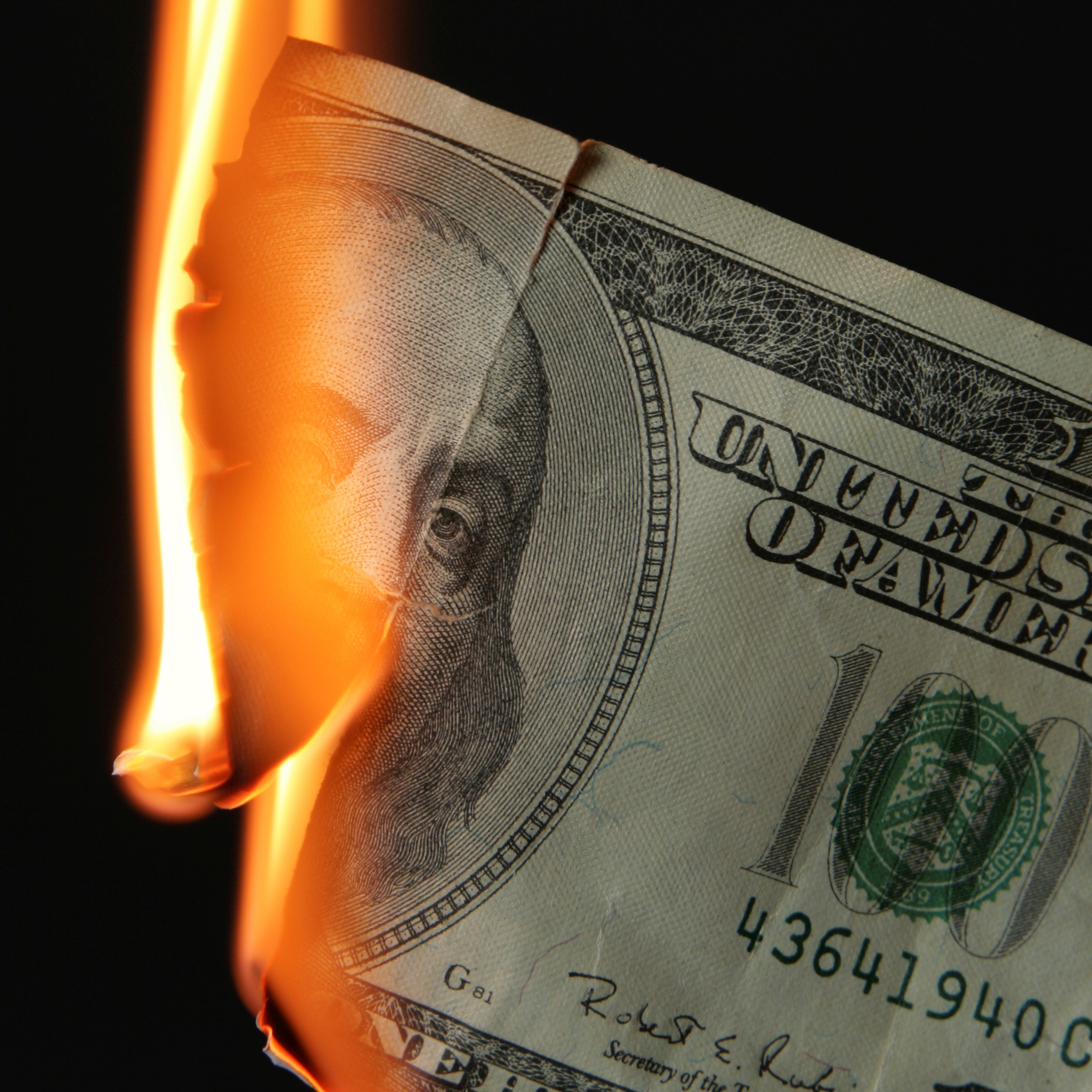Banking, finance, and taxes
How American Express Is the Worst DJIA Stock of 2016, by Far

Published:
Last Updated:

It seems like the old advertising line “Don’t leave home without it!” has turned into “Just don’t leave home.” American Express Co. (NYSE: AXP) now has the dishonorable title of being the worst performing Dow Jones Industrial Average stock of 2016. The year may not even be a month complete yet, but as of Friday American Express shares were down a whopping 20.5%, on a dividend adjusted basis.
To add insult to injury, Amex shares were down a sharp 24.2% in 2015, even after adding the dividend yield back into the equation. Wal-Mart barely beat out Amex for the worst DJIA stock of 2015 with its drop of 26.6%, and Caterpillar was the only other Dow stock to come close with a total return of some -22.97%.
Of the 30 Dow Jones stocks, nine were down by more than 10%. America Express was the only one down over 20%, led by its 12.1% post-earnings drop on Friday alone. Does a 0.9% recovery make much difference on Monday? Not really.
American Express was already down with the broad market so far in 2016 before earnings. Now its earnings made things go from bad to worse. Sadly, very few investors see any real catalysts for a return of upside here. It also doesn’t even matter that Warren Buffett is the largest Amex shareholder by far here, because he has owned it so long his cost basis on a dividend-adjusted basis would have to date back to the 1980s.
At the end of 2015, American Express had a market cap of some $68.45 billion. Now that is down to $53.8 billion. Its dividend yield was a paltry 1.67% at the end of 2015, but the poor price performance has artificially lifted that yield up to about 2.1%. What was a price-to-earnings (P/E) ratio of about 12 times forward earnings at the end of 2015 is now closer to 10 times expected earnings.
Here is where the real killer comes into play. Without considering the dividend adjustment, analysts on Wall Street were suggesting that American Express shares had a consensus analyst target of $80.92 — a total return possibility here of 18% if you included its dividend. With a poor earnings reaction and a poor stock performance, guess where analysts think Amex is fairly valued now (hint: it’s a lot lower).
Things might not have seemed so bad for Amex if you just looked at the numbers on a raw basis:
Now we have many analysts who have lowered their ratings or targets on Amex, with a few trying to be less negative due to low valuations. These were seen as follows:
Maybe some investors were glad to see Amex shares back up 0.9% at $55.55 late on Monday. Others would point out that this might be a dead cat bounce as shares also hit a new 52-week low of $54.14 on Monday. The 52-week high is $86.18.
Want retirement to come a few years earlier than you’d planned? Or are you ready to retire now, but want an extra set of eyes on your finances?
Now you can speak with up to 3 financial experts in your area for FREE. By simply clicking here you can begin to match with financial professionals who can help you build your plan to retire early. And the best part? The first conversation with them is free.
Click here to match with up to 3 financial pros who would be excited to help you make financial decisions.
Have questions about retirement or personal finance? Email us at [email protected]!
By emailing your questions to 24/7 Wall St., you agree to have them published anonymously on a673b.bigscoots-temp.com.
By submitting your story, you understand and agree that we may use your story, or versions of it, in all media and platforms, including via third parties.
Thank you for reading! Have some feedback for us?
Contact the 24/7 Wall St. editorial team.